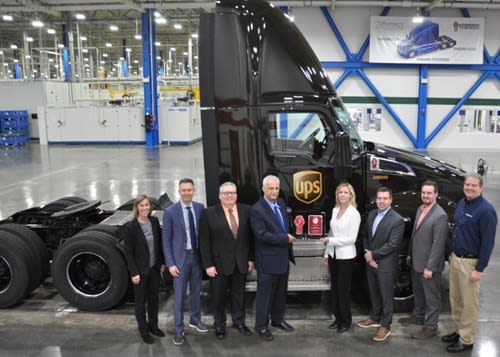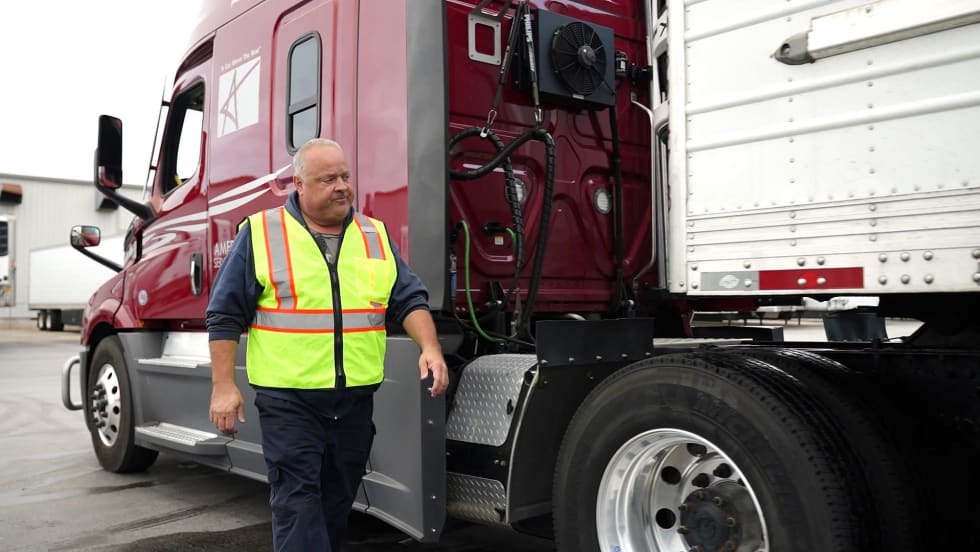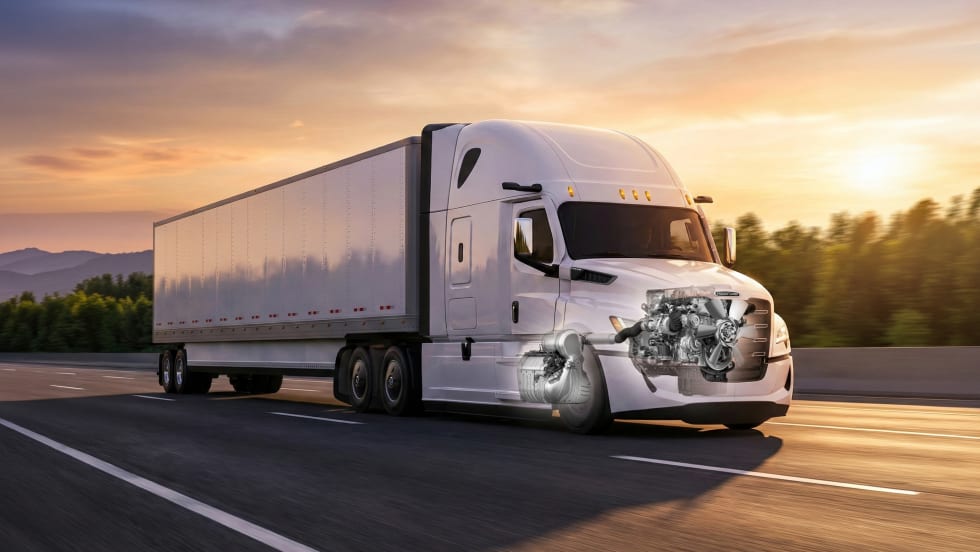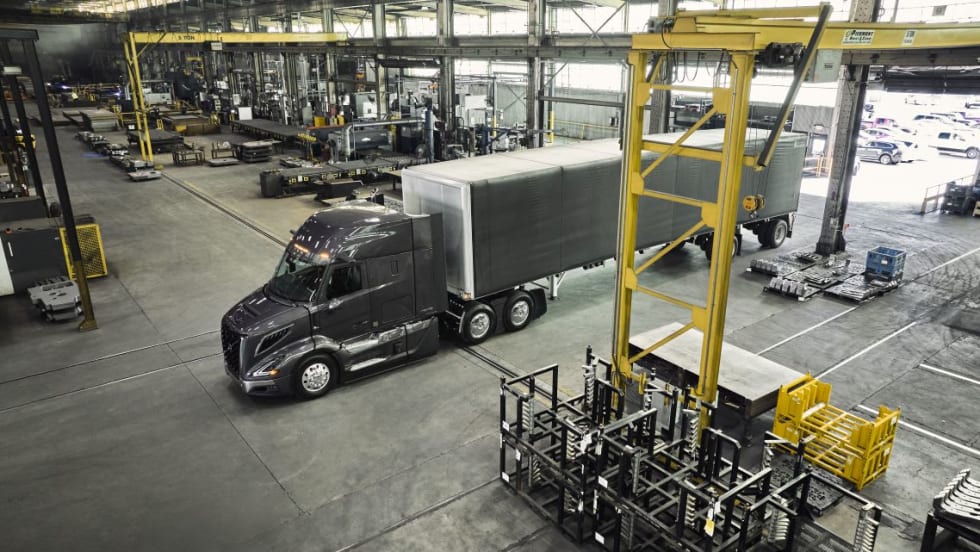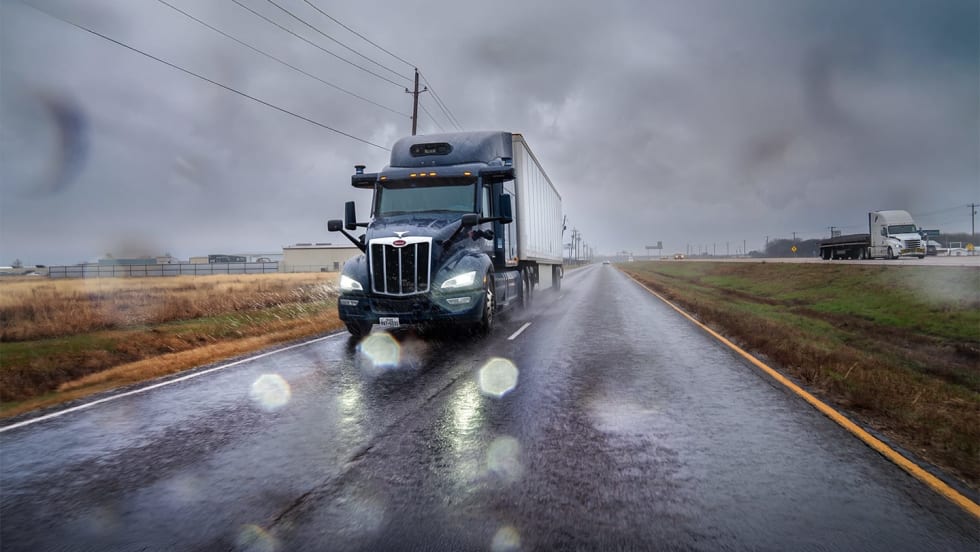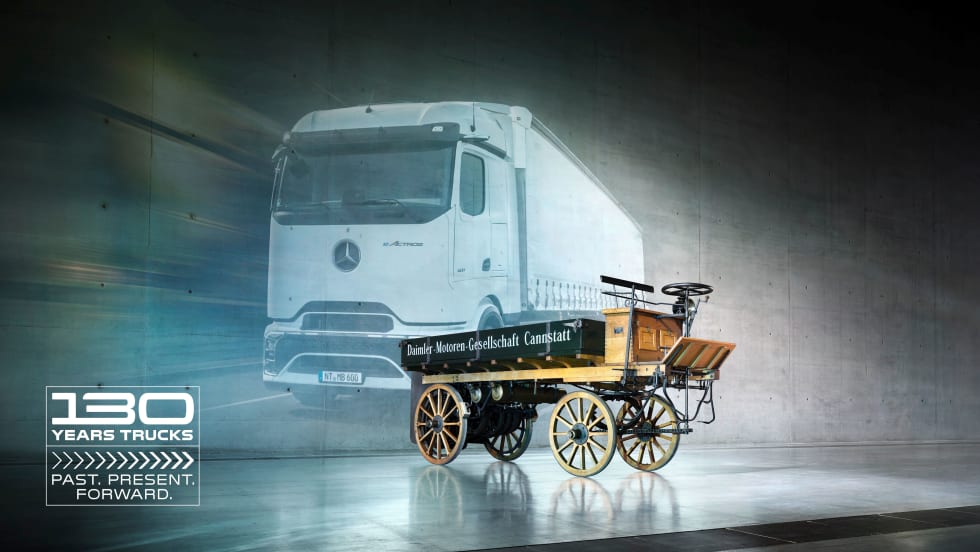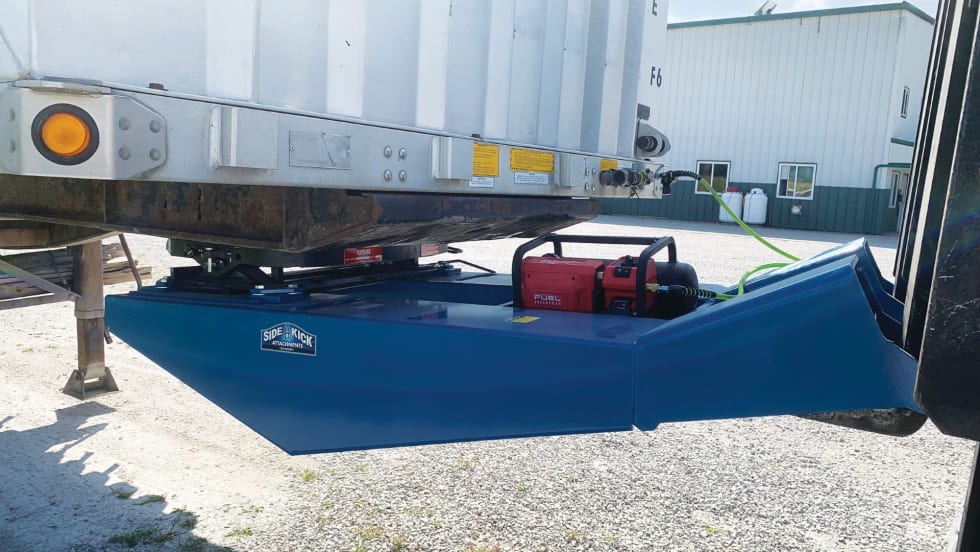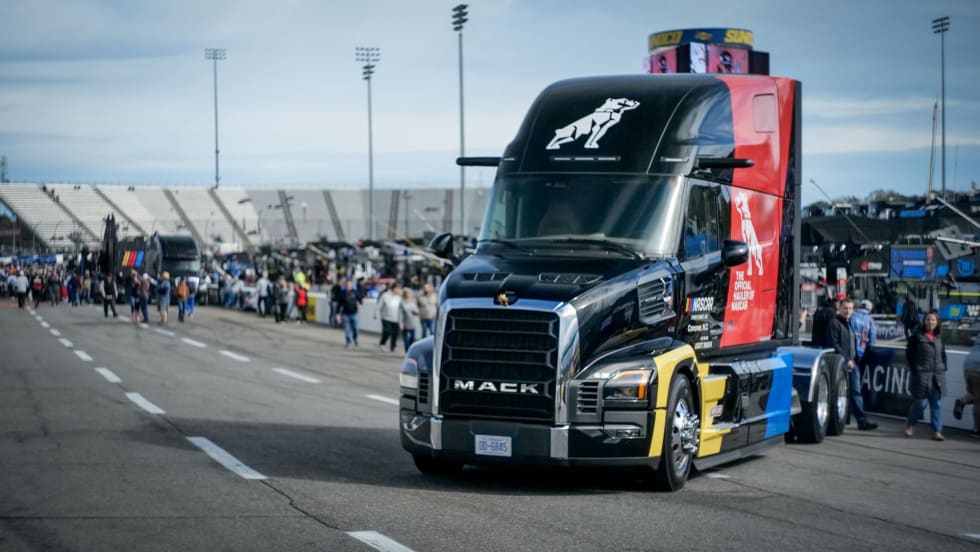Paccar recently noted the milestone of its 200,000th Paccar MX engine produced for the North American market at the Paccar Engine Company’s engine plant in Columbus, Mississippi.
The milestone engine is a Paccar MX-13 rated at 455 horsepower and 1,650 lb.-ft. of torque that resides in a new, Kenworth T680 Day Cab going into service in UPS regional haul operations. The occasion was celebrated with a special presentation to UPS.
UPS purchased its first Kenworth trucks with Paccar MX engines from MHC Kenworth – Atlanta in 2012. Today, UPS operates more than 3,000 Kenworth T680s with the Paccar MX-13 engine.
“Our collaboration with UPS is very important,” said Eddie Davis, MHC Kenworth vice president. “UPS further optimized the Paccar MX-13 engine’s benefits by also making the Paccar 12-speed automated transmission standard for its T680s, beginning with last year’s 700-truck order of Kenworth’s on-highway flagship.”
During the special ceremony, Kevin Baney, Kenworth assistant general manager for sales and marketing, presented a special commemorative plaque to Brentar and Mark Collins, UPS director of maintenance and engineering for transportation equipment. Also participating were MHC Kenworth’s Eddie Davis, and Katie Guest, new truck sales, MHC Kenworth – Atlanta; Lance Walters, plant manager for the Paccar Engine Plant in Columbus, Mississippi; Kathie Falcone, Kenworth director of sales operations; and Andy Manos, Kenworth national fleet service manager.
The Columbus factory began producing Paccar advanced diesel engines in 2010. Located on a 400-acre site in the Golden Triangle Industrial Park, the 450,000-square-foot factory employs more than 600 people, and produces 160 engines each day of operation, according to plant manager Walters. The plant has been a zero-waste-to-landfill facility since it was opened, and nearly 90% of material arrives at the plant in returnable containers.




